Farmer John Writes: Do You Eat Data?
Harvest Week 7, August 9th – 14th, 2021
Overheard
#1) It’s a STEM school.
#2) What’s a STEM school? What’s STEM stand for?
#1) Science, technology, engineering and math.
#2) You are kidding! Where’s the L for love, the C for compassion, the D for devotion? No wonder the world is so screwed up today.
Once Words
“Under pressure, Oxford University Press revealed a list of the entries it no longer felt to be relevant to a modern-day childhood. The deletions included acorn, adder, ash, beech, bluebell, buttercup, catkin, conker, cowslip, cygnet, dandelion, fern, hazel, heather, heron, ivy, kingfisher, lark, mistletoe, nectar, newt, otter, pasture, and willow. The words introduced to the new edition included attachment, block-graph, blog, broadband, bullet-point, celebrity, chatroom, committee, cut-and-paste, MP3 player, and voice-mail.”
~ Robert MacFarlane in Landspeak (Orion Magazine)
Interesting to note that Oxford University Press was under pressure to make these changes. Just because the world is going a certain direction doesn’t mean it’s a good direction, doesn’t mean we should accommodate the direction.
Is a Farm a Data Point?
I toured for five years with the The Real Dirt on Farmer John, a feature documentary about Angelic Organics and my life. I presented it hundreds of times in theaters and I led audience discussions after the screenings. I was interviewed over 1,000 times. Sharing the story of Angelic Organics was somewhat motivated by the impulse to offer a picture of the farm as a living organism, a place where nature and humans converge, an interface between the whims, welts and gifts of nature, and the resolve and ingenuity of humanity.
Your farm is a being, a living being. However, what I realized from engaging audiences and interviewers during my extensive touring was that, in general, a farm was regarded as a source of food, a sort of factory (and for many, a data point.) I would suggest that engaging the land through our hearts and our will would result in food. I said, to little avail, that the farm was the most important thing and the food was the result of the care of the farm.
A Child
Think of a child. A farm is a lot like a child. A child needs you, needs your guidance, your care, your protection. The child cannot provide this on its own. You simply love and nurture the child.
Eventually, the child will be independent of your care. A farm never will. A farm will always require the care of the farmer, its steward.
A child is not an economic unit. Should a farm be considered an economic unit? Is the food a farm generates an entitlement or a gift, a blessing? Is it grace?
It was clear from my tour that, in general, audiences regarded the food as the main thing, the farm and the farmer as secondary.
We Deserve It
“We deserve healthier, cheaper food,” audience members would often say. “On whose back?” I would ask. “Do you want there to be space in the farmer’s life to lovingly engage the land, or do you want the farmer to work more and sleep less and worry more so you can have cheap food?” (I am blunt at times.)
Do You Eat Data?
Today, the source of food, the whole idea of food, is increasingly data driven—vertical farms, hydroponics, food miles, calories, nutrients, meatless meat, milkless milk, 3D printed food, and, of course, from the conventional farming sector, genetic engineering, smarter chemicals, and more granular collection of field data. Wondering now if the 3D printer that will make your socks will also make your sandwich—lucky we have food police today.
“Chemical agriculture is already an assault on life, on the living. A.I. coding takes that further because it can only look at what can be quantified. It leaves out everything that is not quantifiable. But the non-quantifiable is life.”
~ from the interview When A.I. Encounters Agriculture with Nicanor Perlas, who has an extensive background in both Anthroposophy and Biodynamics. Perlas is author of Humanity’s Last Stand: The Challenge of Artificial Intelligence amongst other books.
Your farm, Angelic Organics, has not evolved out of data, but out of love, out of a sense of stewardship, of relationship, of connectedness. Of course, we engage science, technology, engineering and math (daily, even hourly), but the underlying forces that guide this farm forward are love, compassion, and devotion. When these are present, life flourishes at the deepest level, and food follows.
Why People Belong to Our Farm
There is a broad range of reasons why people join our farm: fresh, local, organic, Biodynamic, variety, seasonal, reliable… For some, it’s a bit like a food club–primarily a source of food.
From a less material angle, the farm is a place in the hearts of many. Hundreds of shareholders have been with our farm for over a decade, some for over three decades. Many feel a part of this being of the farm; of the surge, the thrust of the farming endeavors–the sheer robustness, the dynamism of the work. Many feel love and devotion towards the farm.
A Farm is a Being
A farm is not a thing; a farm is a being, a childlike being that needs care, love, devotion, guidance. Thank you to all of you who put your faith and trust in us here to steward the beingness of the farm, to nurture its individuality.
But, Then…
The farm has to sustain itself economically; a child doesn’t have to do that.
Food, for many, is a product, even a bit like an iPhone or a chair—an item, something to procure, something produced. Yes, a farm produces food, but a farm is not a factory; it is a convergence of nature and humanity. As life today becomes more and more materialistic and data driven, a CSA farm can become more of an anomaly, an anachronism, as a CSA farm is really about a partnership between producer and consumer (shareholder).
This arrangement or relationship lies outside of the conventional producer/consumer model, where a producer is trying to get more money for the product and the consumer is trying to pay less. A shareholder ideally participates in the upbuilding of the farm by offering a nurturing gift to the earth—and the farm ideally participates in the upbuilding of the shareholder by offering nutritional, emotional and moral sustenance.
Special Thanks
We are very appreciative of all of our shareholders. We are especially appreciative of those of you who send us money now and then because you recognize that the farm is like a child with needs. And we appreciate those of you who do not take a discount towards your share in order to help the farm out a little bit more. Back to being blunt: the enormity of keeping this farm going is not for those who are faint of heart or weak of will.
Farms span the globe. Almost half the earth is taken up by farms. If we are going to help the earth, we have to take proper care of the farms. The food will follow.
Warmly,
Farmer John
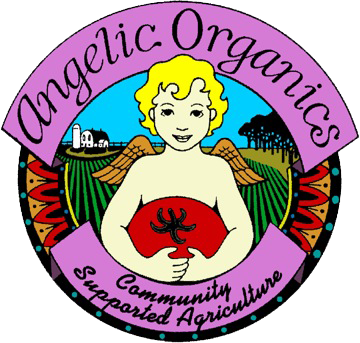
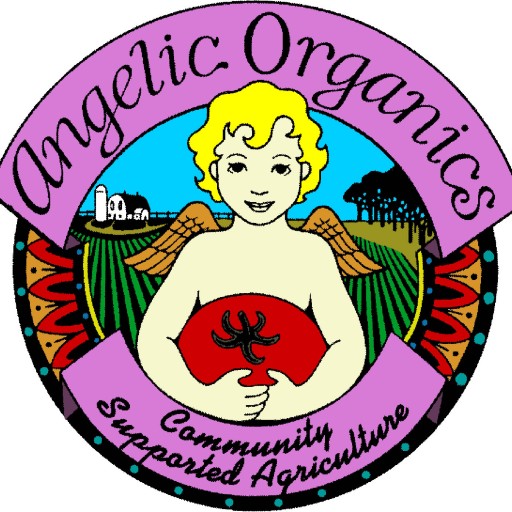
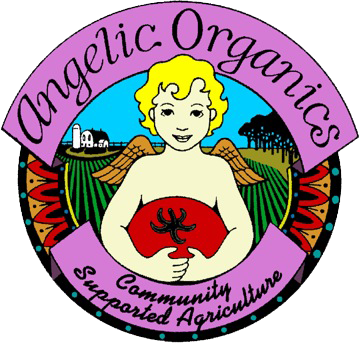
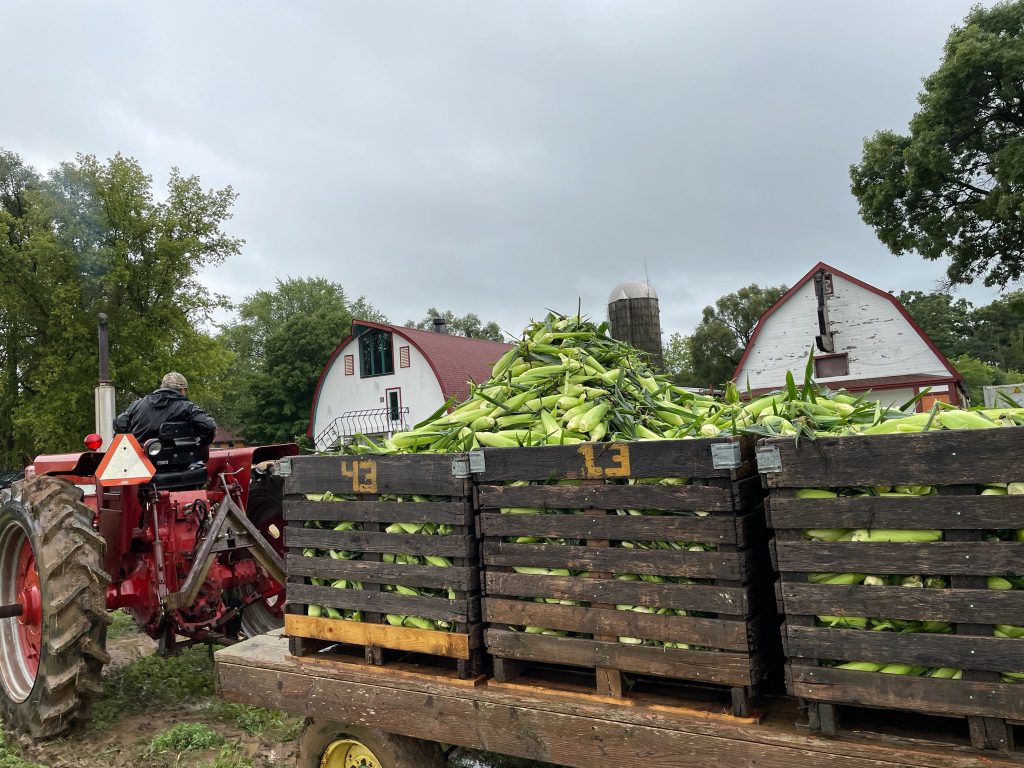
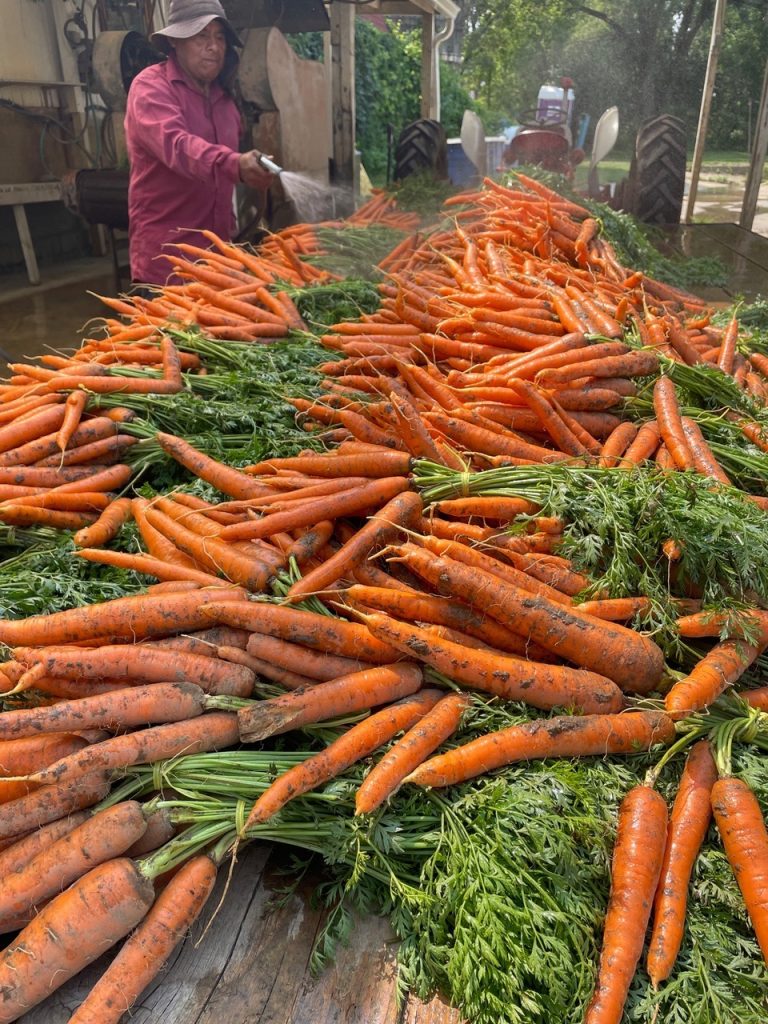
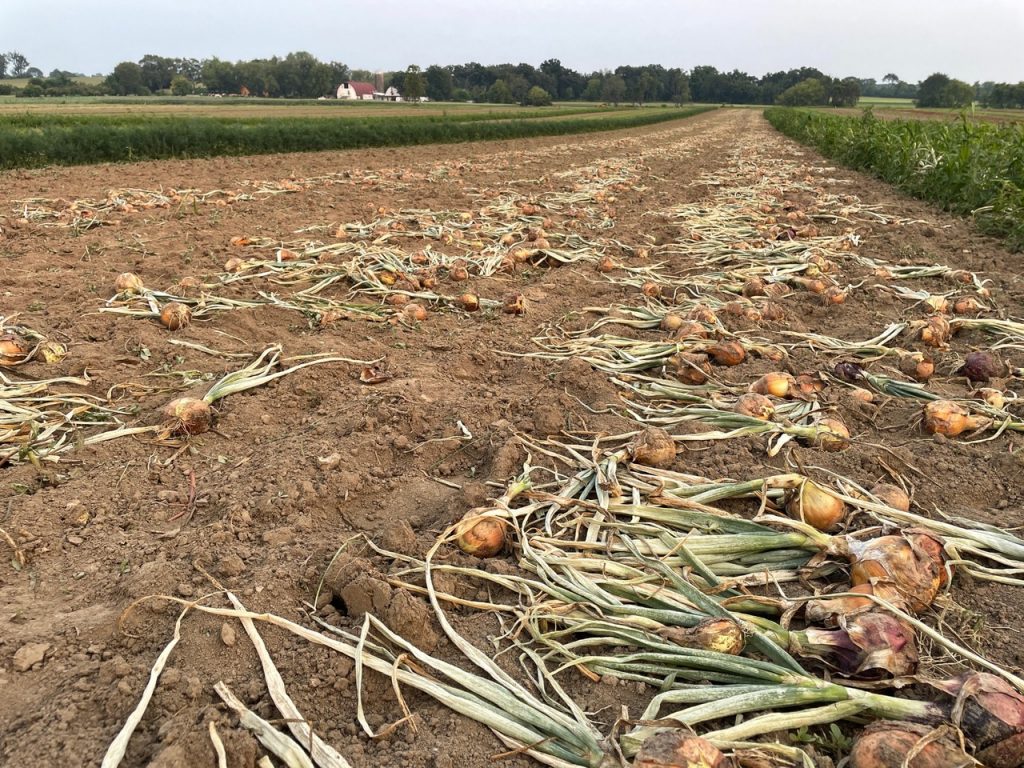
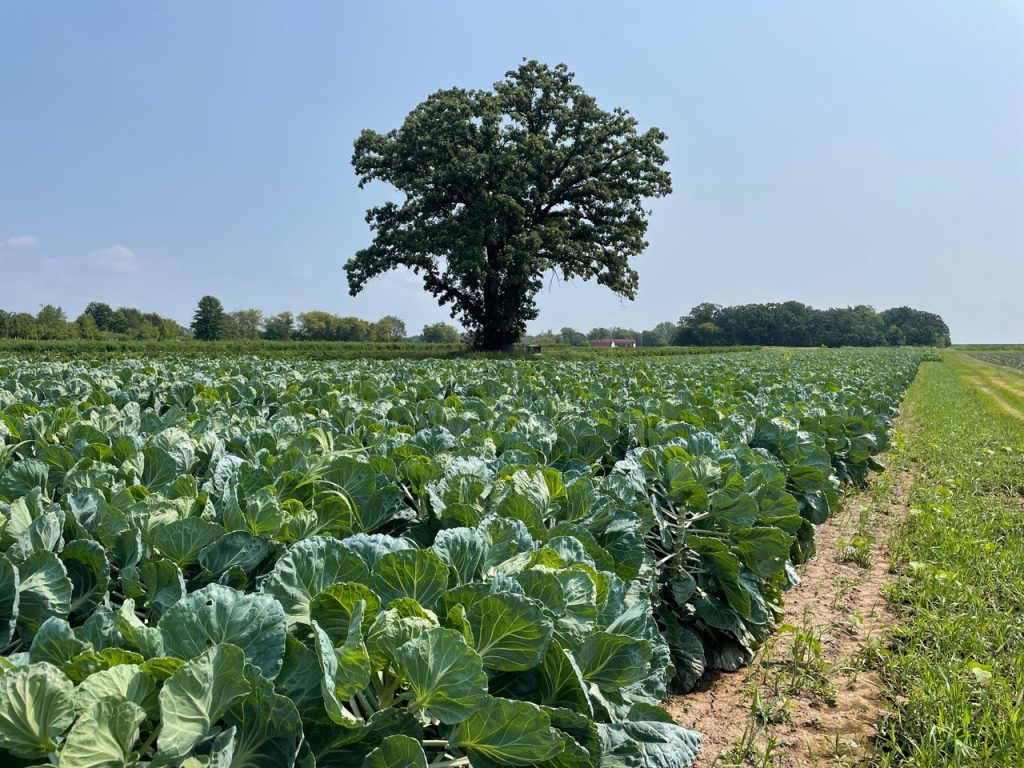
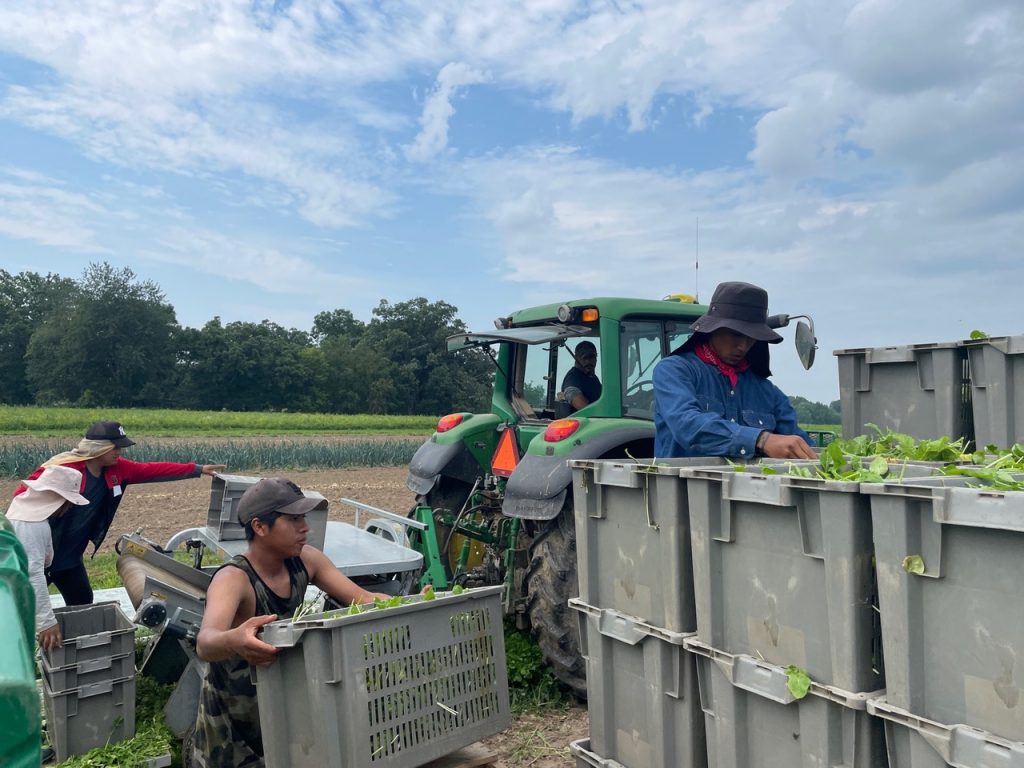
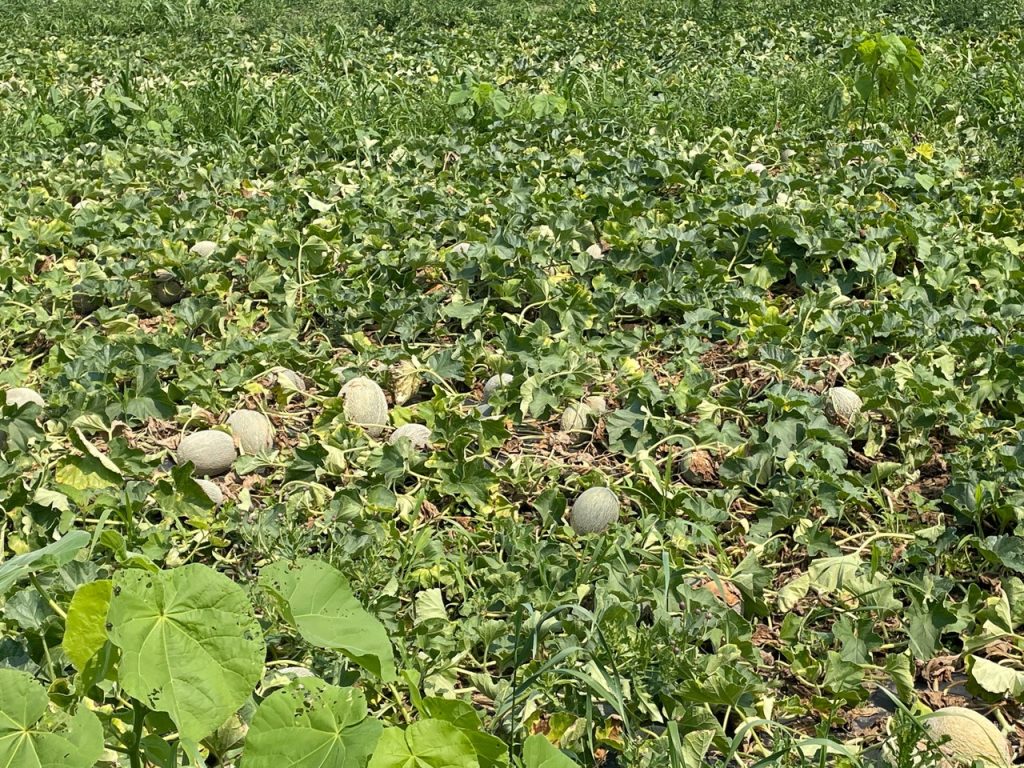

Thanks for this article. It was touching and something I needed to hear and realize
Thank you for the acknowledgment, Kathy.
My favorite blog post of yours. Thank you.
That’s quite the accomplishment. Thank you.
Thank you so much for all of your timely information! It makes our experience w/ you and your farm so much more meaningful!
this edition of your newsletter is the most captivating and inspirational to date. Your insightful description of farmland- a “being” subject to desecration by thoughtless practices – is truthful, appreciated and well worth supporting. properly done, there’s nothing easy about farming. thank you
I was a shareholder long ago and have returned to the fold recently. I remember getting a single two-sided newsletter that included a few recipes using the items in that week’s box plus (if I remember correctly) a list of what will/might be in the following week’s box. I understand the newsletter is now an e-version vs paper which is great but I have not seen it include what may be included in the following week’s box. Is that info available at least a few days before pickup for planning purposes?
Thanks for joining us again, Laura. We email the upcoming week’s crops to shareholders the Wednesday morning prior to the upcoming week’s deliveries. That is how you can customize your share. Please make sure you are receiving emails from email hidden; JavaScript is required. So, that’s one heads-up. Another is simply to know that the majority of items in one week’s share will probably be in the next week’s share, due to the seasonal nature of how produce becomes available. Also, there is a hard copy of the newsletter in the sleeve attached to each box we deliver.
Thank you, Regina. The spiritual underpinnings of the land we stand on, work on, must always be held forth.
Connecting you to our farm is a primary goal of our being a CSA farm. Thank you for writing.
I enjoy the chance to read about your farm and ponder your thoughts. Reading them makes me feel part of the farm. I really like the new Overheard section!
So glad my writing makes you feel more connected to the farm. If you have not had a chance yet to watch the feature documentary The Real Dirt on Farmer John, I highly recommend it–50 years of the farm and my own life for you to ponder.
Hang in there farmers!We love you!
yay to love
Always astounded that you endeavor to have such an amazing variety and spectrum of food/plants- your choice for varietals that grow best here in Illinois and in this soil…it all is an amazing amalgam of wisdom and skills. I turn to thinking who will carry this knowledge forward?
I feel like I am finally coming into my own with this farming challenge–it has taken over 60 years total and over 30 years of just raising vegetables. So, one wonders what sort of entry a person really needs to learn the farming ropes.